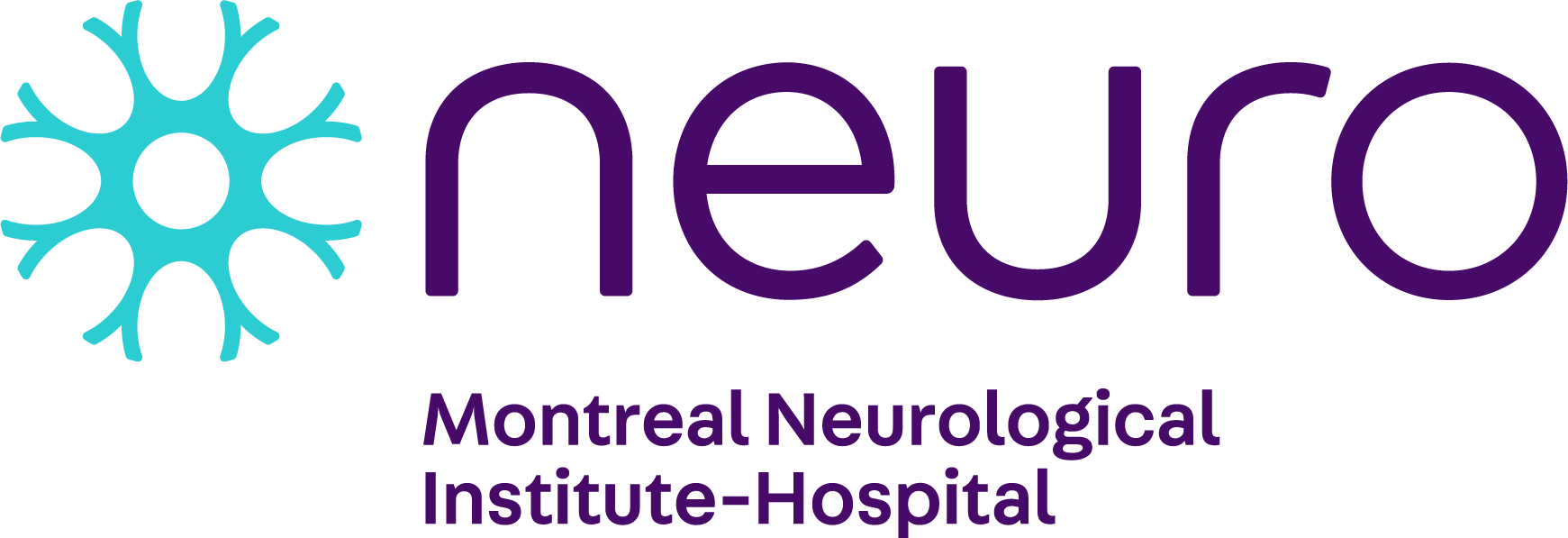Can you tell us a bit about yourself and your role at The Neuro?
My name is Carla Di Gironimo and I've been involved with The Neuro intermittently since 2001, engaging with various patient groups. Currently, I'm working in the neurodegenerative clinics, particularly the movement disorders clinic, where we see patients with Parkinson's disease. My journey into this field was driven by a deep-seated passion for neurology that began during my graduate studies.
I've always been fascinated by the neurological underpinnings of communication problems and I feel incredibly fortunate that my career has allowed me to focus on this area.
What sparked your interest in neurology and communication?
Interestingly, my fascination with neurology can be traced back to my teenage years when I watched a short film about Wilder Penfield's awake surgeries from the National Film Board. The film showcased the remarkable connection between brain stimulation and language. It was this early exposure that sparked my interest in both language development and neurological conditions affecting communication.
What does your work with Parkinson's patients involve, and what challenges do they face?
In our clinic, Parkinson's patients are referred to us by their neurologists for initial evaluation. We assess whether they have speech problems, which are quite common with Parkinson's due to its impact on movement, including the muscles used for speech. Since Parkinson's affects dopamine levels in the brain, it directly impacts patients' ability to produce clear speech sounds. Our role is to evaluate their needs and determine if they can benefit from therapies aimed at improving speech or slowing the progression of the disease.
Why is speech therapy important for patients with degenerative diseases like Parkinson's?
Communication is a crucial aspect of human life, significantly affecting social relationships and overall quality of life. For patients, losing the ability to communicate clearly can be devastating. There are well-documented therapies that have been shown to improve the speech abilities of people with Parkinson's. Our goal is to help maintain as much communication ability as possible, thereby preserving quality of life even as the disease progresses.
Focusing on Parkinson鈥檚 disease, one of the primary challenges encountered is the reduction in vocal loudness and clarity. Individuals with Parkinson鈥檚 may exhibit a voice that sounds somewhat hoarse or significantly lower in volume. Our therapies are principally aimed at enhancing their ability to project their voice, effectively retraining individuals living with Parkinson鈥檚 to speak louder. This involves specific exercises designed to strengthen voice projection. Although our centre primarily conducts evaluations and refers patients to specialized rehabilitation facilities for intensive therapy, we maintain a continuous supportive role in their care journey. We have longstanding relationships with some patients, dating back to the early 2000s!
What motivates you in your work?
What motivates me is my longstanding interest in neurology and the desire to help people with communication disorders. Seeing the impact of our work on patients' lives and their families is incredibly rewarding. I鈥檓 still amazed by the brain's plasticity and our ability to tap into this to aid someone's communication recovery or improvement continues to inspire me daily.




